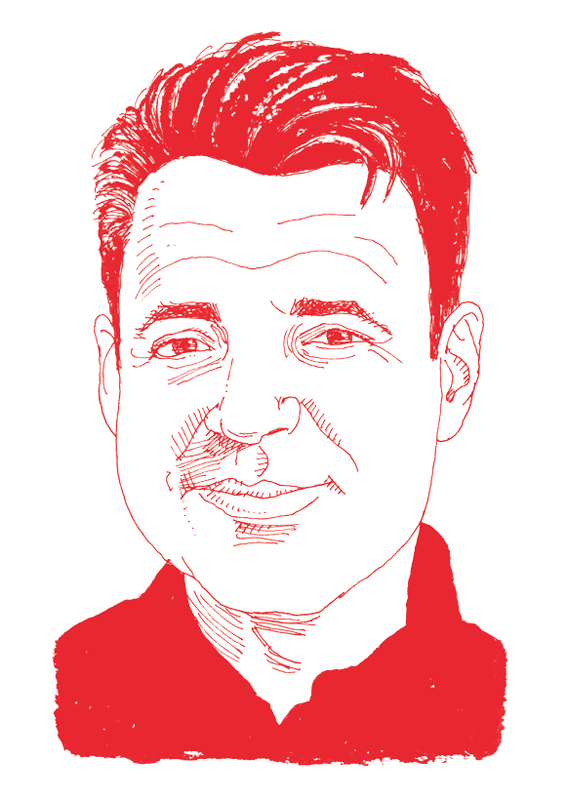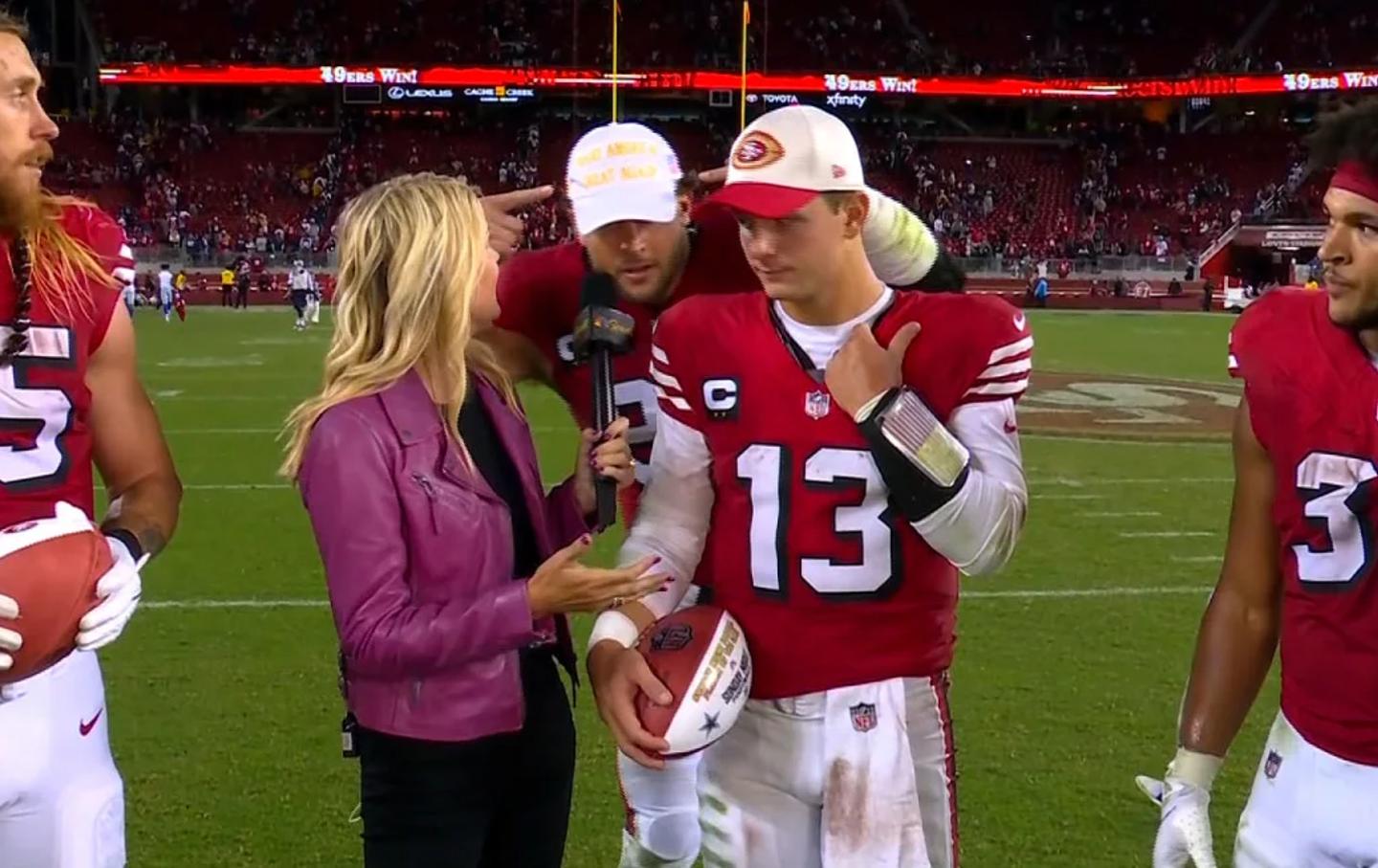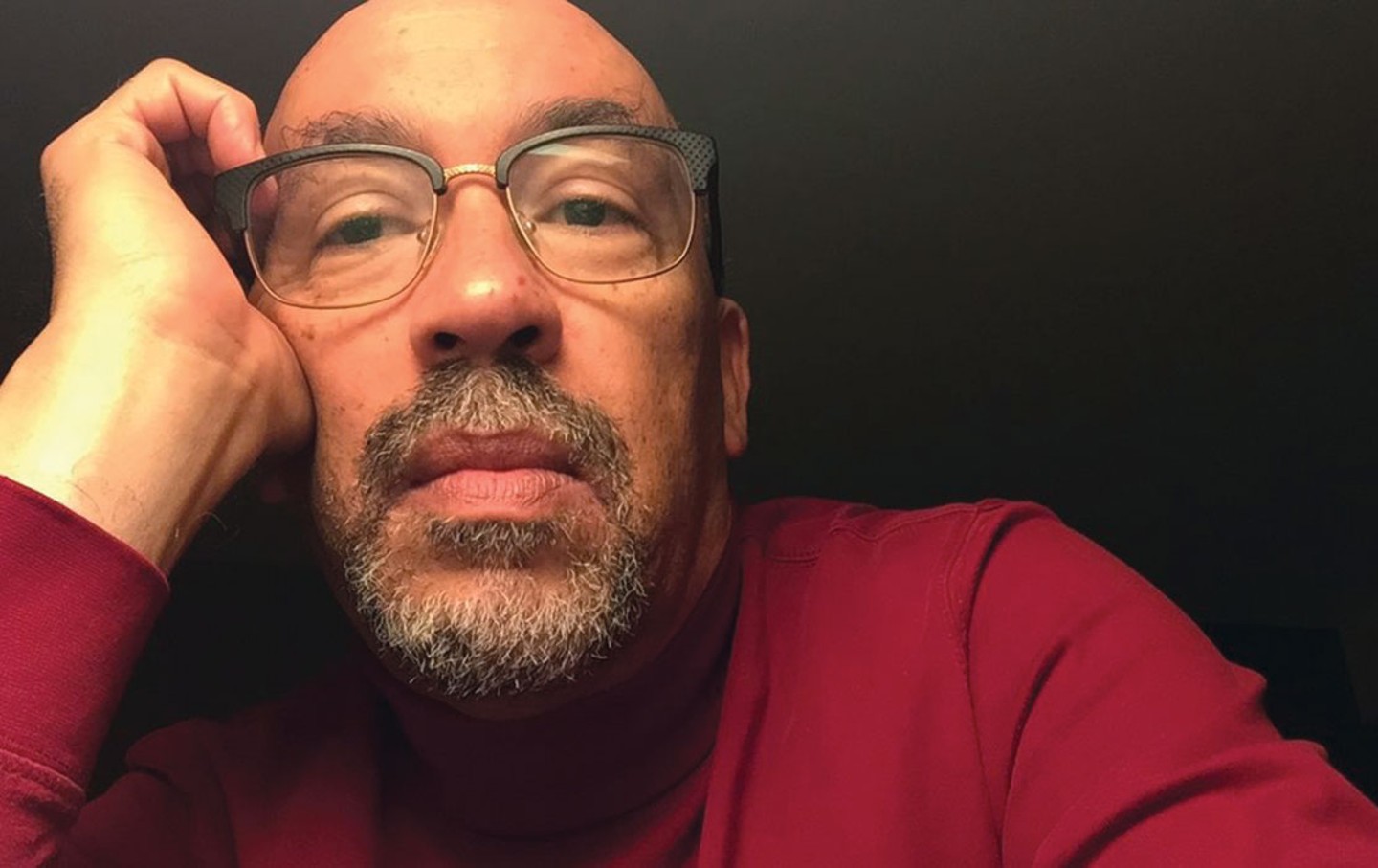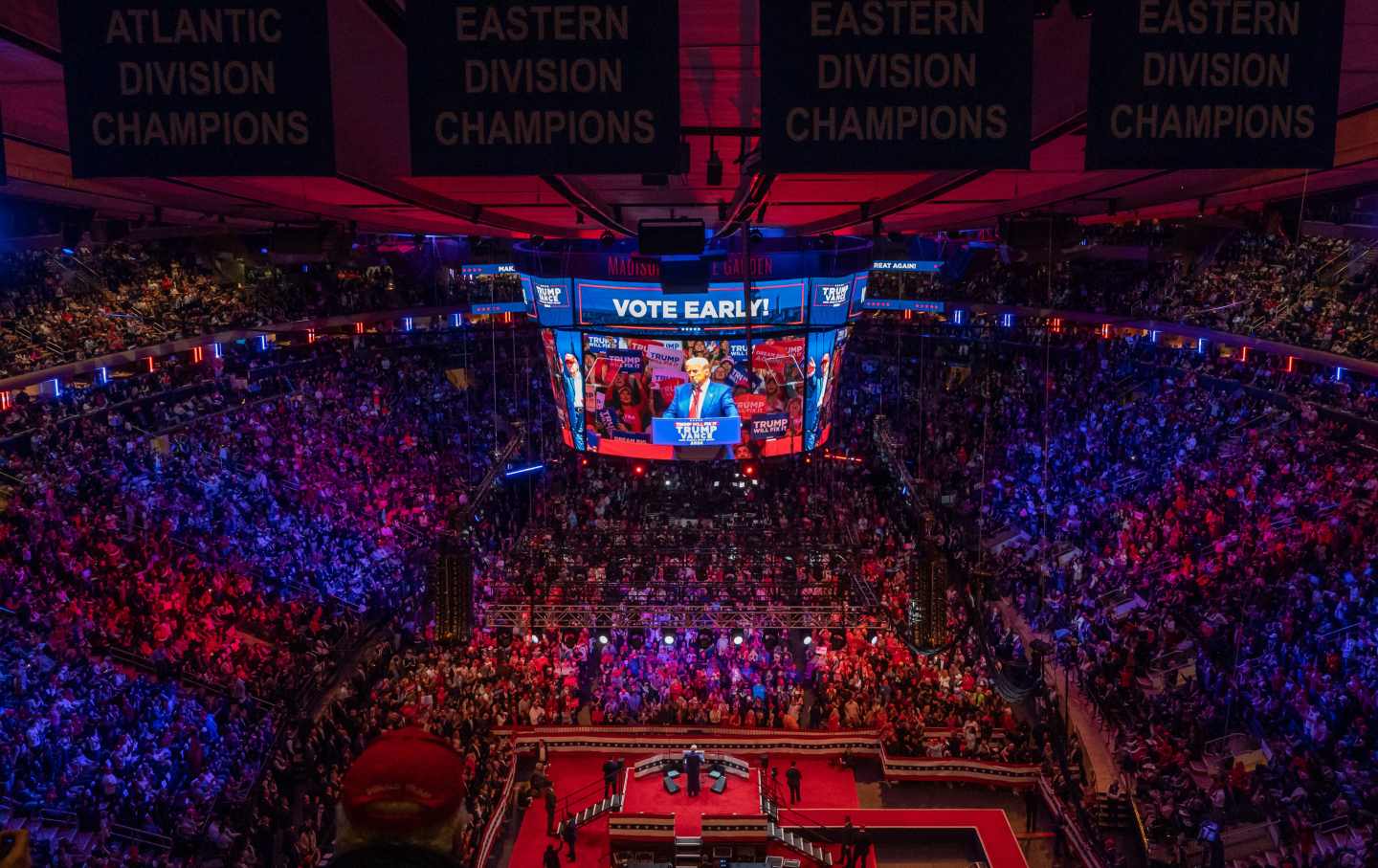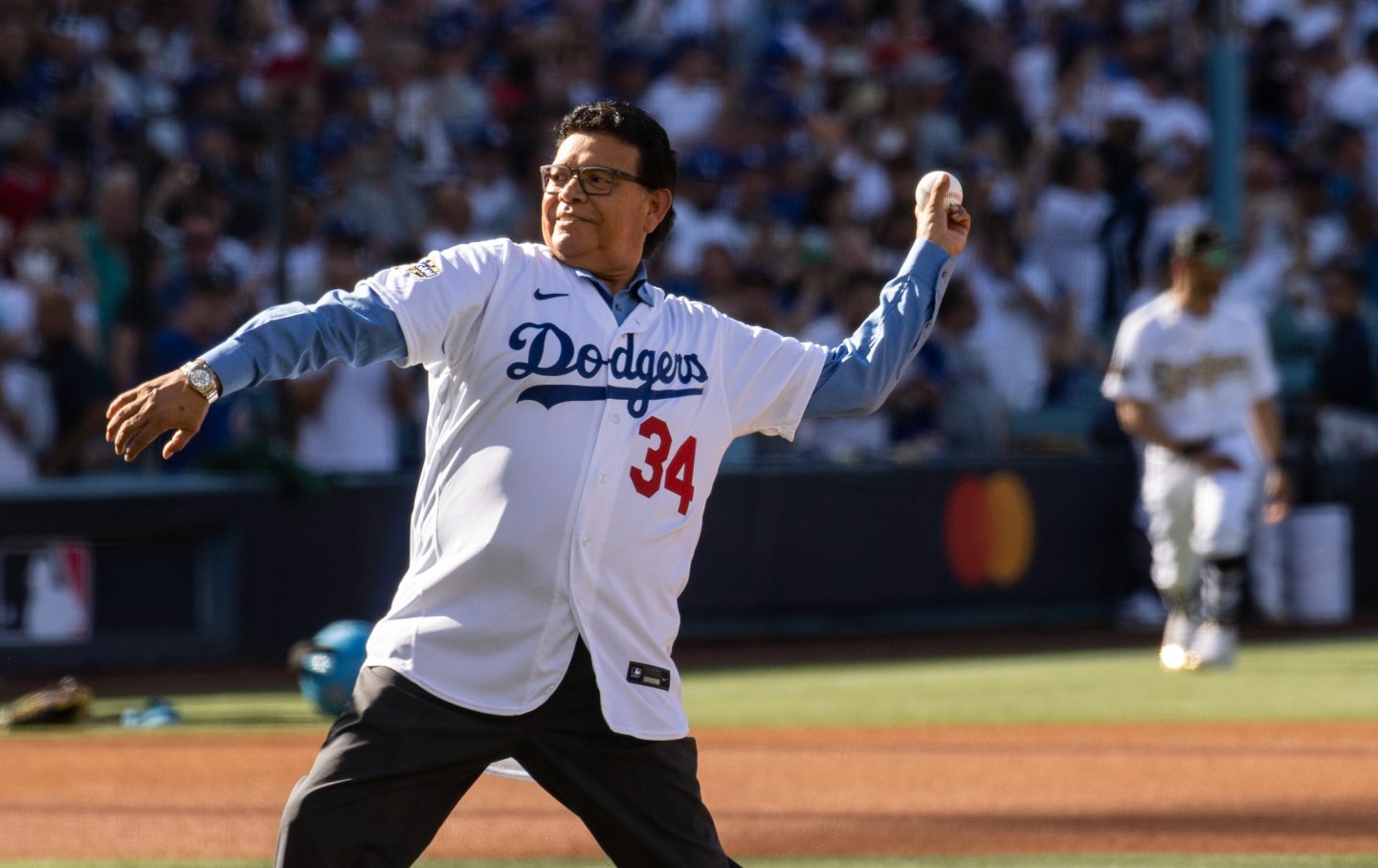O.J. Simpson Was a Rorschach Test for America
Most people saw the Hall of Fame running back not as a person but as symbol for what was wrong with the country.
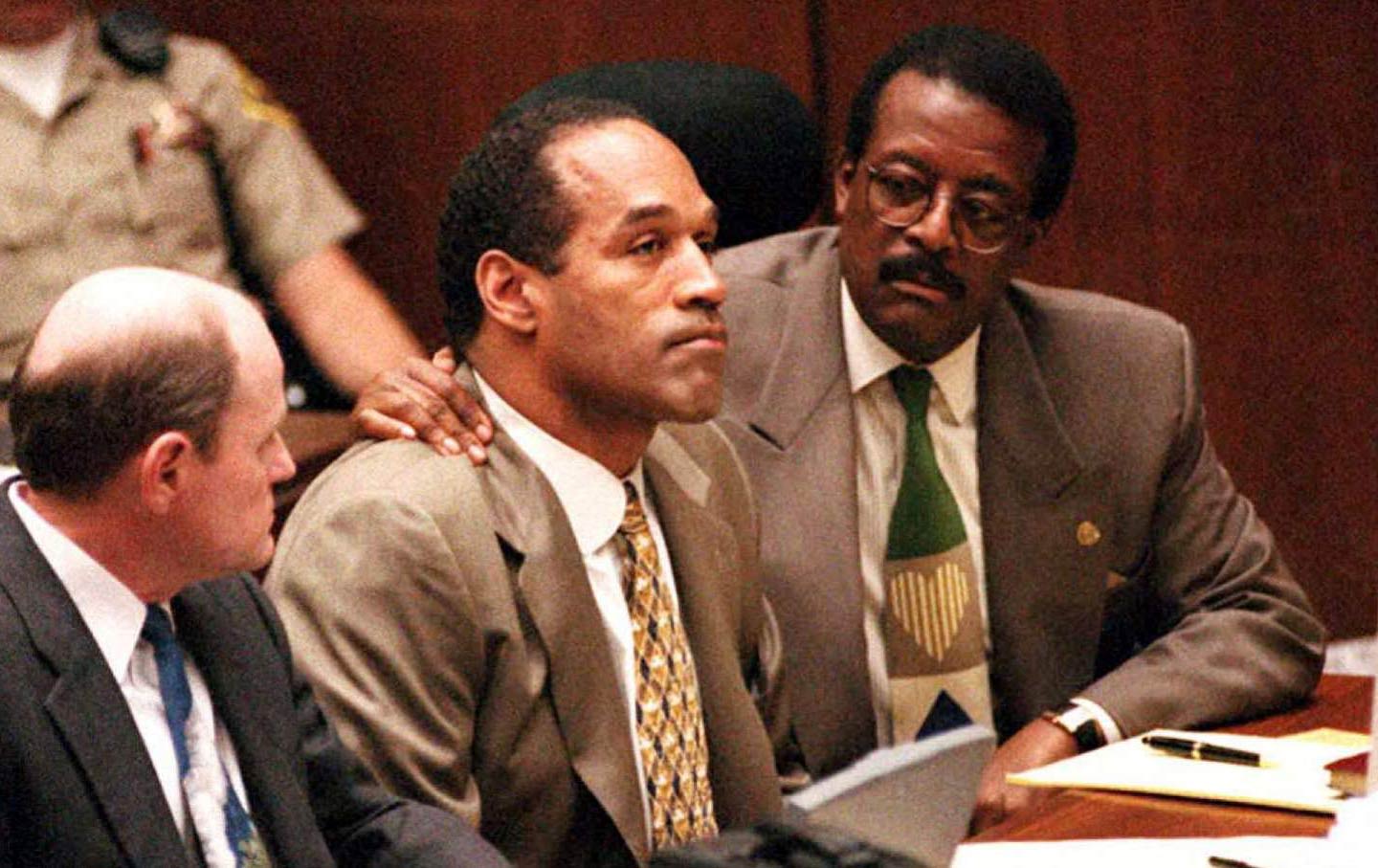
If anyone had illusions that the United States was, in fact, united, the O.J. Simpson trial and subsequent verdict put a quick end to that. The 1994–95 courtroom drama was about whether Simpson, who died of cancer on April 10, had murdered his wife, Nicole Brown Simpson, and her friend Ronald Goldman. What you thought about this “Trial of the Century” spoke to what you believed about racism, police corruption, gender, domestic abuse, and a two-tiered justice system that favors the wealthy and famous. The NFL Hall of Famer was a Rorschach test for how a person understood this country. It wasn’t O.J. the person that people perceived. They saw O.J. as a symbol of the country’s deeper rot—and that recognition of rot was a rare place where both sides could agree.
For some people—overwhelmingly white people who wanted to see O.J. on death row or serving a life term in prison—he symbolized how men get away with domestic abuse no matter how many times police are made aware of the problem. O.J. was also the symbol of how wealth, celebrity, and a “Dream Team” of attorneys can win acquittals even when the facts are against you—with the lives of Brown Simpson and Goldman rendered a footnote to O.J.’s celebrity. A few in this camp were under the sway of racist police and that wanted O.J. convicted by any mean available.
For others—overwhelmingly Black people—O.J.’s trial was about the racist Los Angeles Police Department’s railroading Simpson; arresting and convicting Black people for crimes they did not commit was just part of our system of mass incarceration.
The trial was just two years after the police beating of Rodney King and the LA uprising that followed. That uprising occurred after decades of brutal treatment of LA’s Black community at the hands of former police chief Daryl Gates and his militarized “anti-gang” initiatives. O.J.’s arrest was understood as a part of that continuum. When tapes revealed the arresting officer Mark Fuhrman repeating the N-word and when defense attorney Barry Scheck provided evidence of tainted testimony, it cemented the idea that the arrest was just another example of a racist system. Both sides shared the idea that there was something very wrong in this country. There was just profound disagreement as to what that was.
If the trial was a Rorschach test, then the verdict was a vision into the future, where the media—and social media—would amplify racism, division, and the angriest voices. It was a media circus so overwhelming and so rife with racism and sexism that it foretold how awful the landscape was to become.
The O.J. verdict, and the chasms it exposed between how white and Black people viewed this country, revealed what should have been obvious: that the lived experience of people in this country is warped by racism, violence, and social inequality. It’s ironic that it took a case involving O.J. Simpson to lay this bare. Early in his football career, O.J. would say, “I’m not Black. I’m O.J.” What he meant was that he saw himself—and wanted white America to see him—as someone who would make white people feel comfortable, whether that was in the football stands, on the golf course, or in a Hertz commercial.
In the 1980s, football legend, actor, and activist Jim Brown would say that O.J. Simpson “wore a mask.” He wrote in his memoir, Out of Bounds, that the O.J. the public knew was not the real person: “I never look at O.J. Simpson the way I do a Bill Russell or a Walter Payton. I talk to those guys and see them speak. I know what I’m hearing is the real man. Too often I can’t say the same about O.J.”
Whether one sees that “mask” as hiding a murderer or as O.J. covering his Blackness for white appeal speaks again to one’s perspective on an individual who continues to fascinate and repel. The popularity of the 2016 Oscar-winning documentary O.J.: Made in America, by Ezra Edelman, showed that people are still trying to get their heads around the O.J. trial and what it all meant. We want to understand it and O.J. himself because we intuit that to understand them is to understand our country today: divided, embittered, and imperiled.

